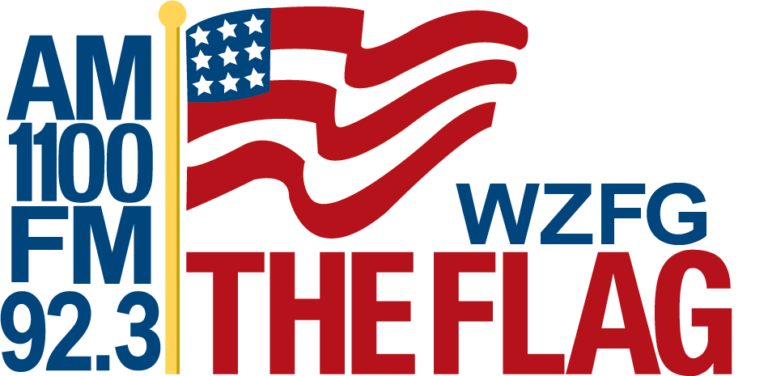(Moorhead, MN) — A Minnesota Child Care provider says rapid help for child care across the state is still needed going into 2024 and beyond.
Minnesota passed HF 13 in February of 2023, which increases the reimbursement rates for providers in the Child Care Assistance Program. Prior to the passage of the bill, Minnesota was in the 40th percentile for infants and toddlers, and the 30th percentile for school age children. Now, HF 13 would increase those rates maximum reimbursement for eligible children to 75% of the “most recent” survey. In theory, this leads to more funds being distributed to child care providers in the state.
“For us in rural Minnesota, those rates didn’t really change…” said Nicole Flick, the Owner of the ABC123 Child Enrichment Center in Dilworth,”It was kinda like a slap in the face, honestly.”
Flick says the rates are based on the most recent self-reported numbers from market-rate surveys of child care providers. The most recent data is from 2020 according to Flick, which is collected by an email sent to providers and is sent back to the state. She says the data does update every few years, but says the current pace of the the rate increases is not coming fast enough and is not impactful enough to meaningfully help her business stay open in the face of challenging financial times.
“They have these great plans for 2025 but that does not help us right now. I honestly don’t know how much longer I can keep doing this… It’s a struggle to pay my [building] rent. I myself have not been paid since July,” said Flick,” I have lost 50% of my enrollment and my people have to be paid first. So I am struggling very hard.”
Flick says the rates oftentimes directly impact how well they can pay and give benefits to employees, and how parents can afford child care. With the current way the information is collected from surveys, Flick says its not helping rural child care facilities the same way they are in the Twin-Cities area.
Minnesota is going into a policy session in 2024, which Flick says makes it difficult for the state to free up dollars to assist rural child care providers.
“That’s not a good judge of data whatsoever, and that is one of the biggest issues. There is no data to back this up… “said Flick, “We get surveys all the time because everybody wants to know why the child care industry isn’t working. We keep telling them, but they just keep sending survey after survey.”
Moving forward, Flick and approximately 14 other child care facility directors are gathering on October 25th with the hopes to drum-up support from lawmakers in Minnesota. She says several central and western Minnesotan congresspeople are invited to attend, including Senators Rob Kupec and Jordan Rasmusson, and House member Heather Keeler.




